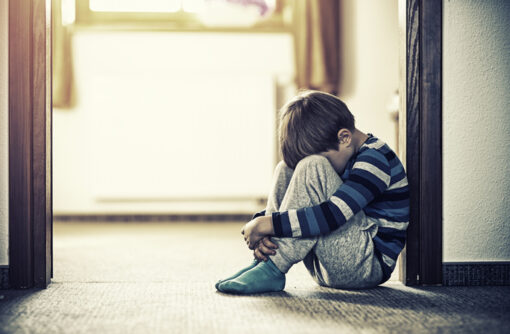Child abuse, often known as corporal injury on a child, is defined by California law as inflicting bodily harm or severe punishment on a juvenile under the age of 18. Unfortunately, all too often false claims of child abuse are made, whether due to a child’s overactive imagination or manipulation of a co-parent during a custody battle.
Whatever your situation is, if you have been wrongly accused of child abuse in California then we recommend you contact Simmons Wagner, LLP at (949) 439-5857 for a consultation with a criminal defense attorney.
Examples of Child Abuse
Some examples of what the state considers to be child abuse include:
- Striking a child hard enough that a mark is left
- Punching a teenager as punishment
- Using a belt on a child to punish them
California’s mandatory reporting laws require certain professions – such as teachers, child care workers, and social service providers – to report suspected cases of child abuse and neglect.
Potential Penalties for a Child Abuse Conviction
A child’s corporal harm is referred to as a “wobbler” crime in California. This implies the prosecutor can charge it as a misdemeanor or a felony based on the alleged offense’s facts, as well as the defendant’s criminal history, if any.
If prosecuted as a misdemeanor, this charge can result in up to one (1) year in county imprisonment, and/or a fine of up to $1,000. As a felony, this crime can result in 2, 4, or 6 years in prison (with an extra 4 years if the offender has previously been convicted of felony child abuse within the previous ten years), and fines of up to $6,000.
When a person is found guilty of child abuse, a court may sentence them to probation rather than prison. Such a sentence might be for misdemeanor (summary) or felony (formal) probation, depending on the circumstances.
Any probationary sentence for abusing a minor is required by law to contain the following restrictions (unless the court feels it is not in the best interests of justice):
- A three-year obligatory probation period
- A protection order prohibiting additional violence or threats against the victim (and perhaps prohibiting the offender from having any contact with the victim)
- Successful completion of at least a one-year treatment program for child abusers.
If the offense was committed while the defendant was under the influence of drugs or alcohol, the court may require random drug testing.
There Are Defenses Against these Charges
When you work with an experienced criminal defense attorney, we will provide defense options based on the specifics of your case. Some common defense options include showing that the minor’s injuries were caused by anything other than abuse, the defendant was operating within his or her legal rights to punish the kid, and/or the harm was caused by an accident.
Contact Simmons Wagner, LLP now at (949) 439-5857 if you are ready to request a legal consultation from an experienced domestic violence attorney.

